
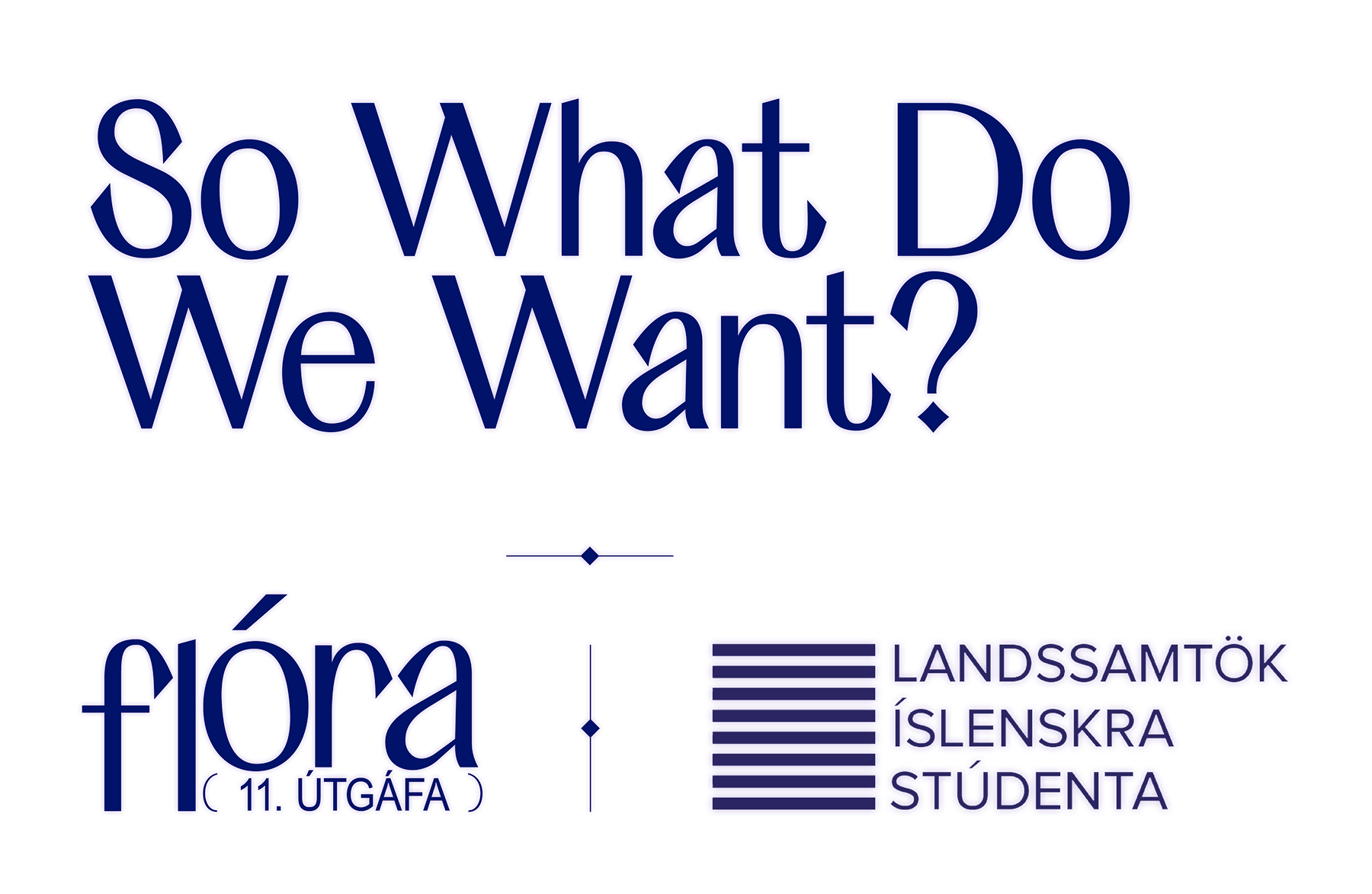
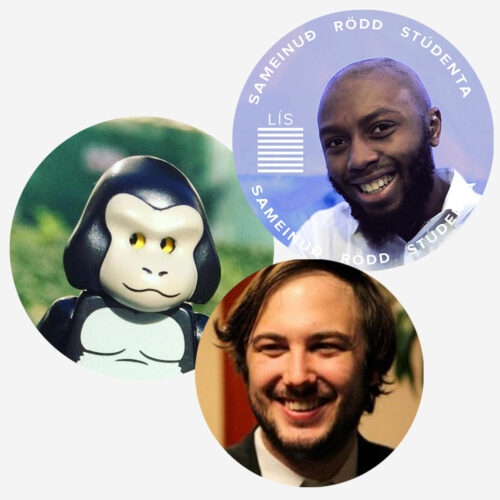
Ármann Garðar Teitsson, Derek T. Allen og Jonathan Wood
mynd:
Daisy Wakefield
uppskera-listamarkadur.is/collections/daisy-wakefield
@daisy_wakefield
www.daisywakefield.co.uk
University students have been rode hard and put away wet. While many have struggled during the pandemic, one under-recognized group has been those that have always been at the fringes of Icelandic labor: non-EEA students. A great deal of us have been struggling to stay afloat financially as the pandemic has either forced us out of work or drastically reduced our working hours as it has with others. Bills start devouring all of your money, people start having a little bit less to eat, and grades start to slip as financial stressors overcome the student. Yet, it is unfortunately the case that these stressors existed even before the pandemic. However, even in light of all of what has happened this year, and with the current laws and regulations, we are still doing amazing things academically and otherwise. We hope to highlight some of the obstacles we have faced not only during the pandemic but systematically within Iceland.
Students that are Icelandic citizens have had some concessions made for them during the COVID era. One such example pertains to the Student Loan Fund in which the income threshold for students working on the front lines was recently quintupled. No such concession has been made for international students, especially not for those from outside of the European Economic Area (hereafter EEA). At the best of times is the financial life of an international student quite perilous, but the pandemic has led to many of us being in between a rock and a hard place as our access to financial assistance, be they loans or jobs, both here and in our countries of citizenship is virtually non-existent.
Why are we so broke, you might ask. Many assume that we lack ambition and that we wish to live off of the government for our entire time in Iceland. Simply put, this is not the case.
We struggle financially due to many different external sources that we have little to no control over. A great example is the lack of jobs made available to us. If a student comes from outside of the EEA, they must submit a work permit to the Directorate of Immigration (ÚTL) which must be approved before they start working. In an environment in which employers often seek to fill a vacancy as soon as possible, this often renders us as unsuitable candidates, regardless of whatever may be on our resumé. Furthermore, employers and the general public seem to be greatly unaware of what hoops we need to jump through in order to earn a liveable wage. Unfortunately there is a lack of awareness of the process as employers think that applying for a student work permit is an arduous process, it actually only takes a few weeks. This lack of education and awareness regarding the process results in us being unable to provide for ourselves whilst having the ever-increasing amount of sustenance necessary in order to live here (according to ÚTL, the newest figure is 207.709kr. a month). Frankly, it is not possible to make this while we can only work 15 hours a week, also as stated by ÚTL. Due to these two obstacles, even minimum-wage jobs become unattainable to us.
Juggling these financial difficulties becomes more treacherous when one considers the fact that we are also students. Just like native Icelandic students, we must also balance difficult course loads with our personal perils. However, unlike native Icelandic students, we don’t get to lighten the load by taking fewer than 30 credits. The result of such a decision would be deportation.
The universities here pride themselves on our achievements and boast about how many of us come from across the world to attend their schools, but we receive little in return.
EEA/EU/EFTA students are privileged enough to take advantage of the European Free Trade Association, leaving the odd nationals outside of the EEA many hurdles they need to jump over in order to enter Iceland. This does not include comfortable living or easy access to employment. Some students come here to escape exponentially high tuition costs in their home country, but encounter a financial dilemma that makes them second guess the validity of their move. For instance, students from the U.S.A. are only granted in-state tuition in the state they hold residency. If they were to go to a university in any of the other 49 states, they are subjected to out-of-state tuition costs just like international students. Coming to Iceland is a way to seek a better life, lower education debt and seek better opportunities, but rather than a blessing, a curse overshadows the journey. The curse starts with the nightmare of needing to prove one’s financial ability, called support, to even obtain a student permit for residency. In order to do so, one would need a large investment of savings that were dedicated specifically for moving abroad (basically a one-year salary already in your bank account if you want to move stress-free). Landing a job for a non-European national is nearly impossible and the list goes on.


[The image above, Let’s grow together by Daisy Wakefield, is available in print here at Uppskera listamarkaður.]
But are there any benefits for some non-European nationals? The answer varies based on country of origin, personal assets, and even race. Some students have shared their struggle of being told that private universities are either limited or do not provide scholarships to students. This is not an issue for Icelandic students since their tuition would be lower than international students, but there also seems to be discrepancy in the idea that scholarships are not “available.” One such example is when two non-European students discussed how they were accepted into the same private university. Both students asked about scholarships and were told that scholarships were not offered, but one student said this statement was later retracted when they were offered tuition at a discounted rate (essentially a scholarship). Both students stated that their applications were essentially the same, past achievements were similar, but one was offered a scholarship compared to the other. The student from a 1st world country received a scholarship while the other student did not. One may say tuition rates are higher in 1st world countries which is why the discounted tuition was offered, but the point is, this should have been offered to both students.
It seemed as if the scholarship was offered to the student whose diversity was seen as an asset to the university.
The overall point is that some non-European students do get to reap benefits of privilege while others continue to struggle.
The struggle does not end there. Because housing rates are so high, certain nationalities are taken advantage of when searching for accommodations. Specific nationalities are typically persuaded into filthy accommodations due to landlords knowing they cannot afford anything else and because they are probably unwilling to speak up otherwise. International students are even forced to move into accommodation that leaves them unable to fulfill their basic needs, such as apartments and rooms with no toilets. Having university intervention in this case could eliminate fraud and give students a peace of mind that they are not left on their own to secure housing on sites that are mostly in Icelandic.
These arguments are not simply to list a novel of complaints, but rather inform people of the issues faced everyday by students living in Iceland. If there was simply more support given to non-European students, this would be enough. These students are only asking for a listening ear to hear their voice and help make changes.
So what do we want?
We want a fair shot. International students in Iceland are sick of being restricted to 15-hour work weeks and unfairly demanding course loads. Universities in the other Nordic countries provide their international students with the opportunity to make something of themselves on 20 hours (Norway and Denmark), 25 hours (Finland), or even unlimited hours (Sweden) of work a week. We want universities meeting us halfway, like scholarships (such as the one described here) and other funds, such as the Student Fund (Stúdentasjóður) in HÍ that assists international students. If no changes can possibly be made, we want for there to be more options for students that aim to stay here post-graduation, as these students will be contributing members to society.
The unwillingness to implement changes will potentially lead students and future contributing members of society to seek education elsewhere, in places where they feel respected and welcome to build a future for themselves.
With all of this being said, we thank you if you have gotten to this point in the article. It is sometimes necessary to highlight one’s struggles in order to make change. We have been suffering in silence. While our struggle may not affect you personally, it may be affecting your friends, or friends of friends. We are always looking for allies, and we are hoping for change to be put on a more level playing field with our EU counterparts for simple labor opportunities and fair treatment. We want to be seen as the humans that we are and be recognized for the plentiful feast that we can bring to the table.
Do you support Vía?
Vía counts on your support. By subscribing to Vía you contribute to the future of a medium that specializes in, and puts emphasis on equality and diversity.
Vía, formerly known as Flóra, was founded 4 years ago for critical readers that want to dive underneath the superficial layer of social discussion and see it from an equality, inclusion, and diversity perspective.
From the beginning, Vía has covered urgent societal topics and published issues and articles that have shone a light on inequality, prejudice, and violence that exist in all layers of society.
We emphasize publishing stories from people with lived experiences of marginalization.
Every contribution, big and small, enables us to continually produce content aimed to educate and shine a light on hidden inequalities in society, and is essential for our continuing work.
Support Vía
Ksenofobia: Czego więc chcemy?


My Right to Exist
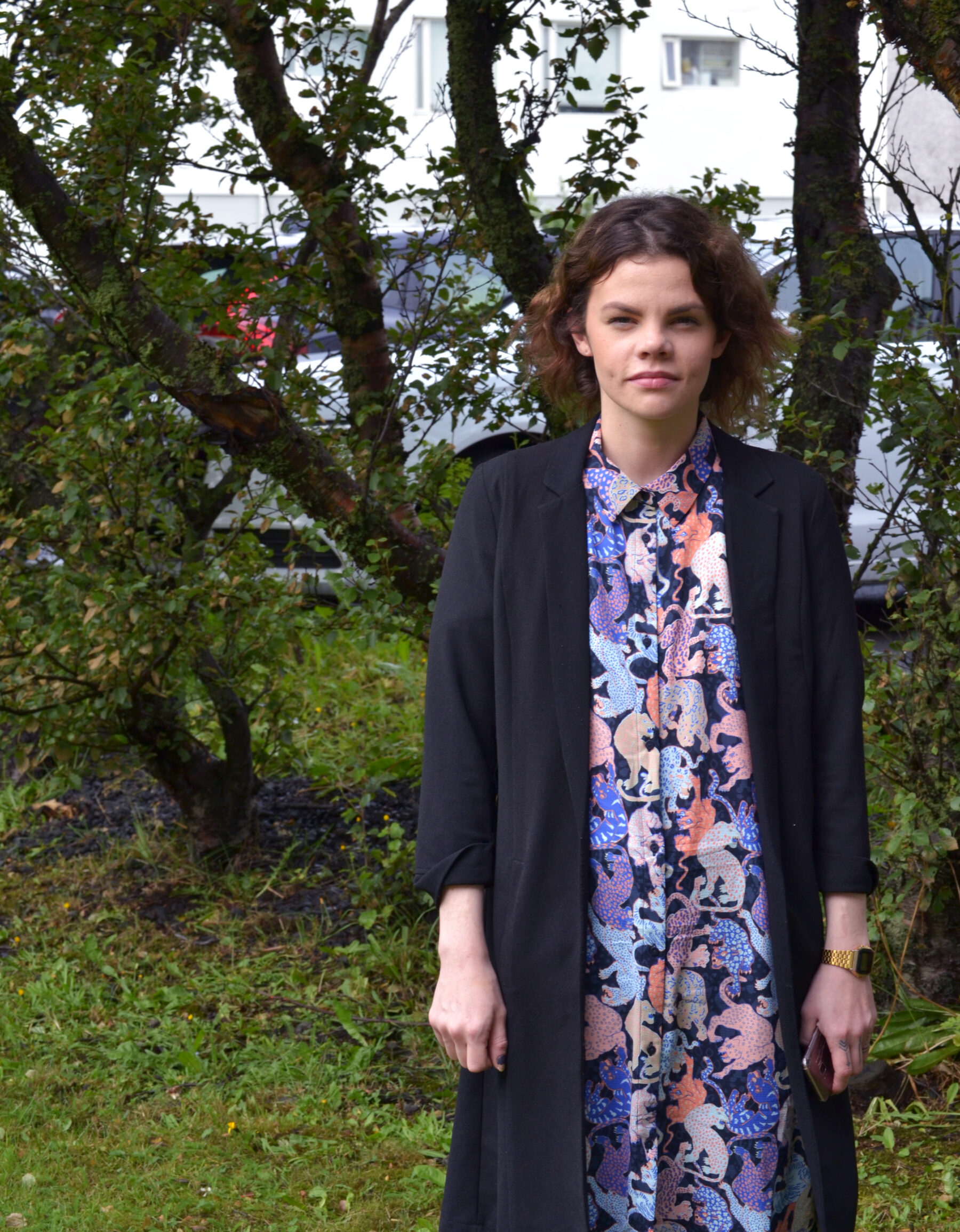

It is Not Enough to Fight for Partial Equality
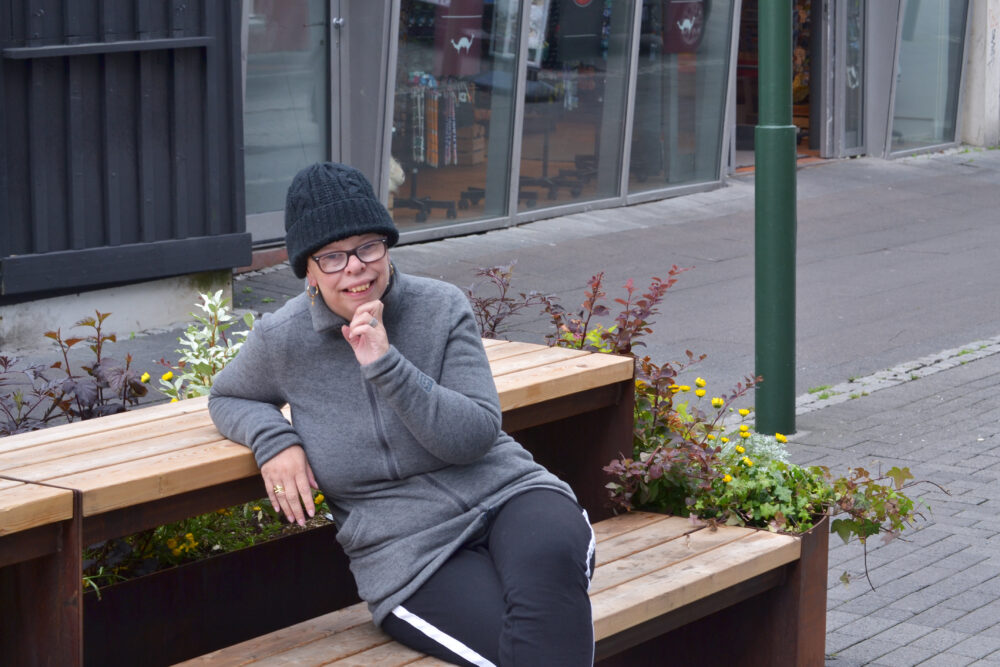
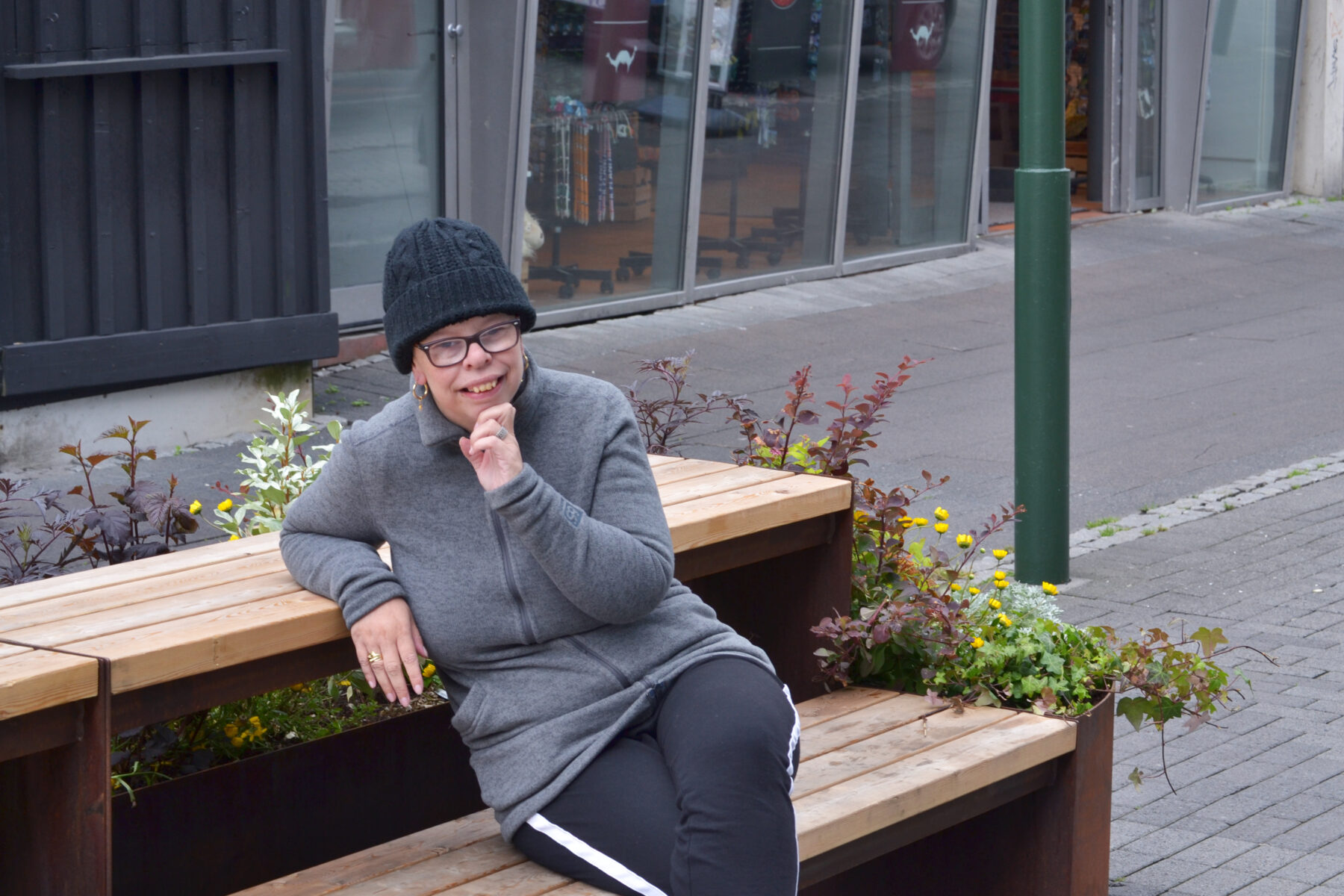
Erlendir námsmenn á Íslandi: Hvað er það sem við viljum?


Read more about...